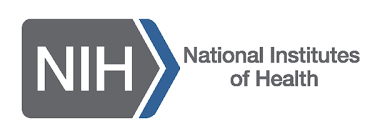The National Institutes of Health today announced $15 million in funding for development of 3-D tissue models, among them a University of Washington effort to study the effects of drugs on kidney “tissue chips.”
The idea is that small tissue chips might be a better way to test drugs’ safety and toxicity than the conventional methods of cellular and animal research. The tiny systems mimic the complex biological functions of human kidneys.
Dr. Jonathan Himmelfarb and Benjamin Freedman of the Kidney Research Institute (a collaboration of UW Medicine and Northwest Kidney Centers) and researchers Ed Kelly, Cathy Yeung and Ken Thummel of UW’s School of Pharmacy have developed the credit card-sized system, using technology from Nortis.
Thirteen U.S. projects will divide the funding, each receiving two-year awards; the funding is for the first phase of a five-year program made possible by the NIH’s National Center for Advancing Translational Sciences’ Tissue Chip for Drug Screening program.
The University of Washington kidney-chip project leads learned earlier this summer that their model was headed into space with NASA in a separate test.
Read the original article at: https://newsroom.uw.edu/postscript/kidney-chip-system-wins-new-nih-funding
